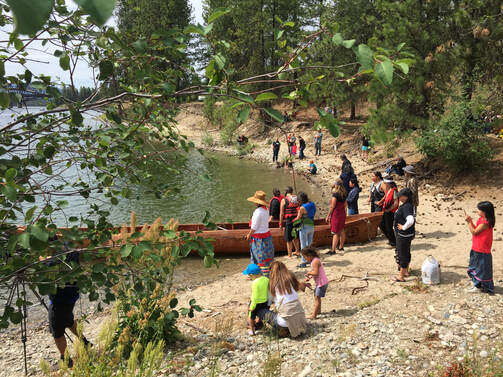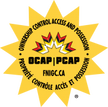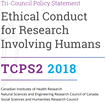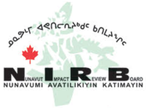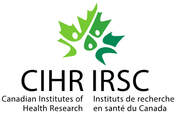As members of the Canada Research Chair in Nutrition and Health Inequalities (CIENS), and as researchers working to reveal and redress the profound inequalities in nutrition and health, we recognize Canada’s history of settler colonialism and its devastating consequences on life conditions and health of Indigenous Peoples. Of particular importance to our research lab is changing the research dynamics that played, and in certain cases continues to play, a role in the process of colonization. See the section in orange below for more details about Canada's research history.
What We Are Doing Towards Decolonizing Research
|
Through our research with Indigenous Peoples in Canada and in Ecuador, we aim to be allies by:
Our research in Canada In Canada, the term Indigenous Peoples refers to First Nations, Métis and Inuit Peoples. Over the many years working with First Nations in Canada, we like to think that we continue to build on relationships of trust and common understanding with the different peoples we work with, which allows us to continuously improve our approach and methods to form meaningful allyship. |
Beyond the guiding principles and tools shown below, we are personally committed to ensuring that the peoples we partner with have control over the research processes and outcomes, using a strength-based approach. In our research with First Nations, through the FNFNES, FEHNCY, Okanagan Salmon and Fisheries and climate change in BC projects, we aim to ensure that the research follows the direction, methods, needs and priorities of each nation we partner with by conducting monthly community advisory circles, biweekly meetings with community representatives, talking circles, key informant interviews, methodology workshops, community research agreements and Band Council resolutions with participating community leaders. It is also important that research activities are conducted by community researchers and that results are meaningfully communicated to all participants. These activities also result in reciprocal capacity building for all research project partners, Indigenous and non-Indigenous.
Our research in Ecuador
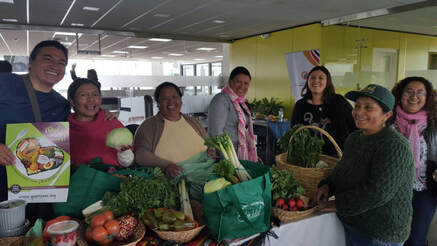
With our trusted research partners in Ecuador, we have also built, over many years, relationships of trust with Indigenous Peoples, mainly in Ecuador's highlands. In order to ensure that our research is meaningful and useful, we spend a great amount of time getting to know and building relationships with actors in the food system: producers/farmers, farmer associations and grassroots movements to engage them in all steps of the research, from planning to result communication.
Research & Colonization in Canada
“From the vantage point of the colonized, a position from which I write, and choose to privilege, the term ‘research’ is inextricably linked to European imperialism and colonialism. The word itself, ‘research,’ is probably one of the dirtiest words in the Indigenous world’s vocabulary. When mentioned in many Indigenous contexts, it stirs up silence, it conjures up bad memories, it raises a smile that is knowing and distrustful.”
- Professor Linda Tuhiwai Smith, author of Decolonizing Methodologies: Research and Indigenous Peoples
Science has long served to meet the imperialist agenda, ignoring the well-being of the Indigenous Peoples "on whom" (instead of "with whom") the research was being conducted. For instance, a series of nutrition research projects performed in Canada between 1942 and 1952 demonstrated a blatant disregard for the ethical principles of research involving humans. One noteworthy example of these was the study of the efficacy of micronutrient supplements on 300 malnourished adults in Crosslake First Nation. The researchers, who were at the time reputable nutrition experts in Canada, were fully aware that by maintaining the participants in state of malnutrition (only supplementing riboflavin, thiamine, and/or vitamin C) their health and safety were severely at risk.
A thing of the past?
Unfortunately not. To this day, paternalistic and colonizing research practices persist in Canada. For instance, Chief Andrea Paul of Pictou Landing First Nation in Nova Scotia is currently (2021-12-13) the plaintiff in a class action lawsuit against researchers from Halifax who allegedly ran additional MRI scans to analyze the elastography of the liver of over 60 members of the community without their free and informed consent.
“From the vantage point of the colonized, a position from which I write, and choose to privilege, the term ‘research’ is inextricably linked to European imperialism and colonialism. The word itself, ‘research,’ is probably one of the dirtiest words in the Indigenous world’s vocabulary. When mentioned in many Indigenous contexts, it stirs up silence, it conjures up bad memories, it raises a smile that is knowing and distrustful.”
- Professor Linda Tuhiwai Smith, author of Decolonizing Methodologies: Research and Indigenous Peoples
Science has long served to meet the imperialist agenda, ignoring the well-being of the Indigenous Peoples "on whom" (instead of "with whom") the research was being conducted. For instance, a series of nutrition research projects performed in Canada between 1942 and 1952 demonstrated a blatant disregard for the ethical principles of research involving humans. One noteworthy example of these was the study of the efficacy of micronutrient supplements on 300 malnourished adults in Crosslake First Nation. The researchers, who were at the time reputable nutrition experts in Canada, were fully aware that by maintaining the participants in state of malnutrition (only supplementing riboflavin, thiamine, and/or vitamin C) their health and safety were severely at risk.
A thing of the past?
Unfortunately not. To this day, paternalistic and colonizing research practices persist in Canada. For instance, Chief Andrea Paul of Pictou Landing First Nation in Nova Scotia is currently (2021-12-13) the plaintiff in a class action lawsuit against researchers from Halifax who allegedly ran additional MRI scans to analyze the elastography of the liver of over 60 members of the community without their free and informed consent.

